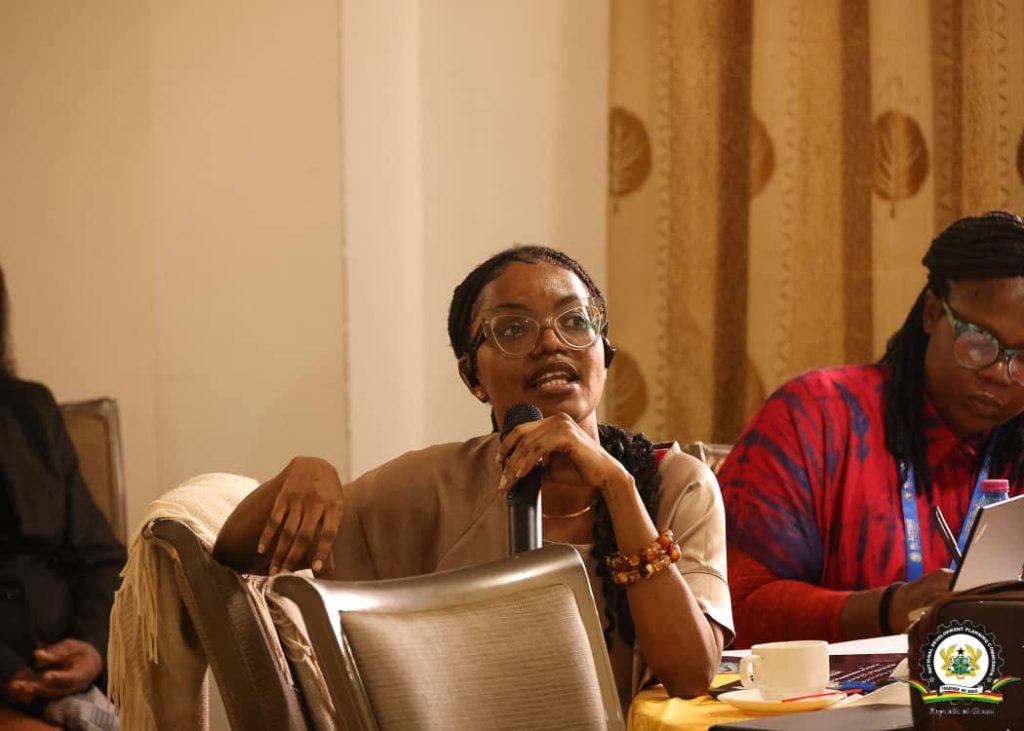Executive Summary
Conference on Marine & Coastal Policy Frameworks
Interactive Session
August 2025, Mensvic Grand Hotel
(Based on Audio File Transcripts)
Introduction
The conference brought together experts, policymakers, community representatives, and stakeholders to discuss strategies for building a sustainable and inclusive marine and coastal governance framework. Key themes included strategic objectives, ecosystem health, data gaps, private sector involvement, financing, governance, and accountability.
The discussions highlighted the urgency of aligning national frameworks with global commitments while ensuring that local communities and private sector actors are effectively engaged.
Key Themes & Insights
1. Strategic Objectives
- Participants stressed that the overarching goal is to create a resilient, inclusive, and equitable system that maximizes marine resources while protecting ecosystems.
- A framework approach is essential, focusing on fund generation, management structures, and accountability mechanisms.
Quote – Speaker 1:
“Strategic objective… is to create and thrive a resilient team that drives inclusivity, protect ecosystems, minimize distraction and pollution, and maximize resources.”
2. Ecosystem Health & Climate Adaptation
- Concerns were raised about the vulnerability of coastal infrastructure to climate change.
- The importance of healthy ecosystems was emphasized as a foundation for long-term national development.
- Participants noted that gender inclusivity must be embedded in environmental strategies.
Quote – Speaker 3:
“How is this port infrastructure adaptable to certain climate vulnerability? Ecosystem health must include adaptability of infrastructure to climate in the next 5 to 10 years.”
3. Data, Knowledge & Literacy Gaps
- Data acquisition is fragmented across agencies, academia, and organizations.
- Without reliable data, effective planning and monitoring are impossible.
- Public literacy on marine issues remains low, limiting national capacity to resist harmful foreign exploitation.
Quote – Speaker 3:
“Issues relating to data acquisition are highly segmental across agencies… To bridge this gap requires strong coordination and strategies.”
4. Private Sector Engagement & Wealth Generation
- The need to move beyond extractive approaches was emphasized.
- Other nations (e.g., Norway, China, Singapore) were cited as models in generating wealth from marine resources.
- Policies must incentivize private sector participation through corporate social responsibility (CSR) mechanisms.
Quote – Speaker 7:
“Our attention must be diverted to generating wealth from the sea, not just taking from it… If we highlight marine wealth generation, governments will stay focused.”
5. Finance & Blue Economy Opportunities
- Financing options include international climate funds, blue bonds, and cooperatives.
- Impact investment initiatives are emerging, but greater coordination is needed to ensure long-term viability.
- The blue economy offers opportunities in ecotourism, waste management, ocean transport, and aquaculture.
Quote – Speaker 2:
“On financing, promote cooperatives and private sector participation. Establish a National Maritime Operations Center.”
6. Governance, Coordination & Policy Alignment
- Strong governance is critical to minimize duplication of mandates and ensure coherence.
- National frameworks must be aligned with international commitments, such as the Sustainable Ocean Plan.
- Policy success depends on integrating local knowledge and ensuring participation of marginalized groups.
Quote – Speaker 1:
“We need a body where everyone is represented, so duplication is minimized.”
7. Integrity, Corruption & Accountability
- Corruption was identified as a major threat to sustainable marine governance.
- Calls were made for adopting models of discipline and resource maximization seen in countries like Singapore.
Quote – Speaker 4:
“Singapore maximizes resources with minimal input and even supports others financially. We must adopt such discipline and accountability. Otherwise, corruption will undermine progress.”
Key Actionable Policy Recommendations
A. Strengthen Strategic Frameworks
- Establish a National Marine and Coastal Authority to centralize coordination across ministries, agencies, and academia.
- Develop a 10-year Ocean Plan with clear milestones aligned to global commitments.
- Create a national monitoring dashboard for marine and coastal initiatives, updated annually.
B. Safeguard Ecosystem Health
- Mandate climate-resilient design standards for ports, harbors, and coastal infrastructure.
- Expand marine protected areas (MPAs) and monitor them through satellite and community-based surveillance.
- Mainstream gender equality in marine policy, ensuring women have decision-making roles in coastal resource management.
C. Close Data & Literacy Gaps
- Establish a National Ocean Data Center integrating academic, governmental, and NGO datasets.
- Launch a marine literacy campaign nationwide, leveraging schools, churches, and social media.
- Fund research on species identification, stock assessments, and coastal vulnerabilities.
D. Mobilize Finance & Blue Economy Investment
- Introduce blue finance mechanisms: blue bonds, ocean trust funds, and climate-linked investments.
- Incentivize private sector contributions through CSR tax credits and mandatory annual contributions.
- Develop eco-tourism and sustainable aquaculture industries as major sources of foreign exchange.
E. Governance & Implementation
- Create a multi-stakeholder Ocean Council involving government, private sector, academia, and local communities.
- Require annual policy review conferences to assess progress against national priorities.
- Ensure all frameworks are legally binding, with penalties for non-compliance by institutions.
F. Combat Corruption & Promote Integrity
- Establish a Marine Transparency Initiative, publishing all marine-related contracts and expenditures.
- Benchmark against international best practices (e.g., Singapore’s resource maximization and accountability systems).
- Introduce performance-based budgeting where funding is tied to outcomes in ecosystem protection and wealth generation.
Conclusion
The proceedings underscore that marine and coastal governance is at a crossroads. Without decisive action, fragmented efforts, corruption, and foreign exploitation will continue to erode national capacity. However, with robust frameworks, strong data systems, climate-resilient infrastructure, private sector participation, and accountable governance, the nation can transform its ocean resources into engines of sustainable development.
The recommendations presented provide a comprehensive roadmap for policymakers, balancing ecological sustainability, economic growth, and social inclusion.

